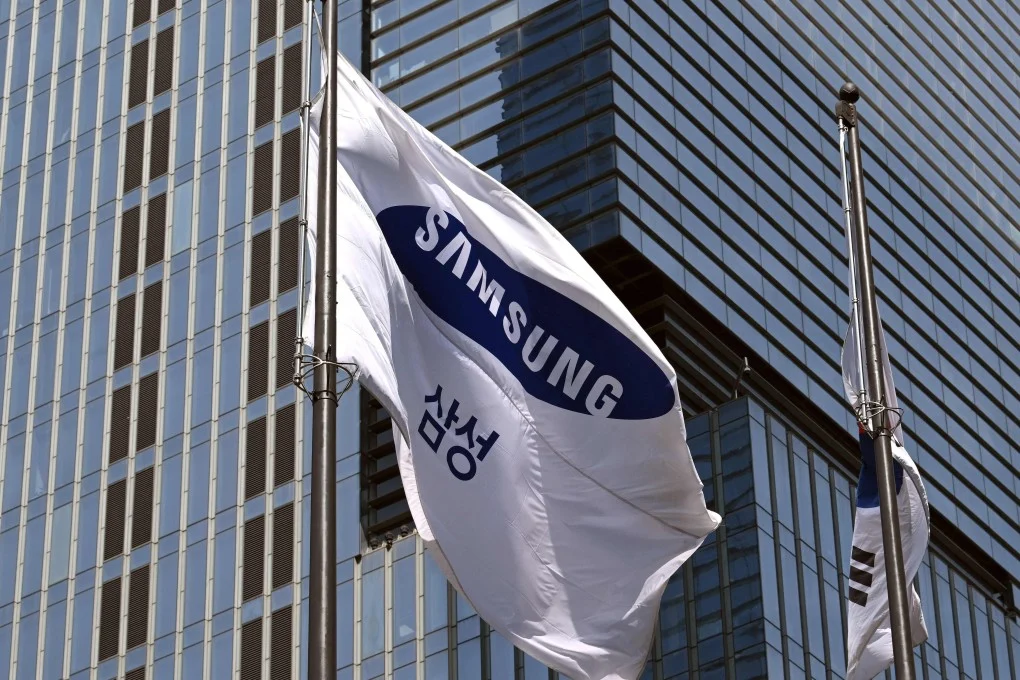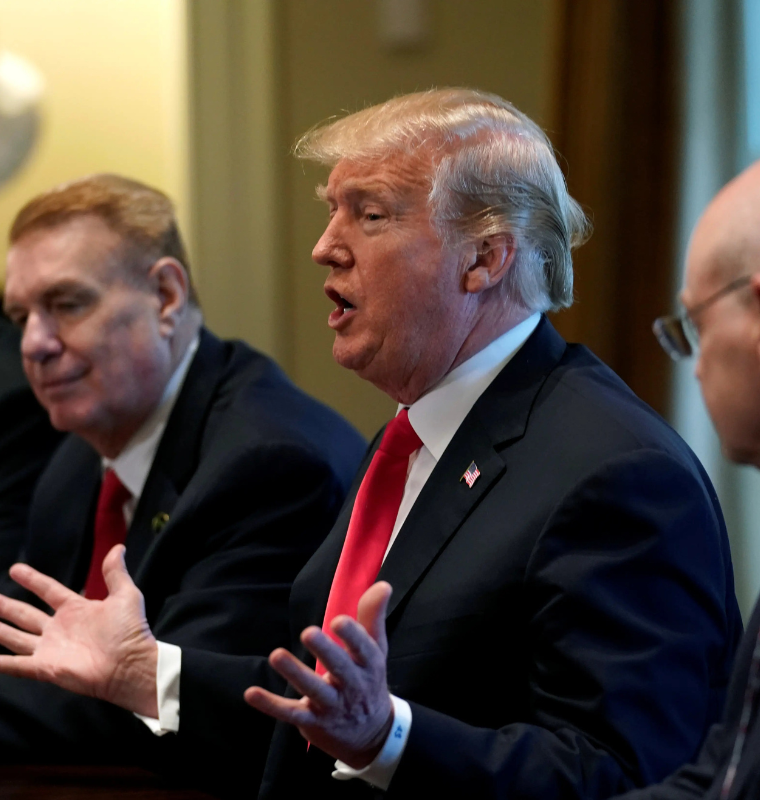Samsung’s Quarterly Profit Plunges Over 50% as Chip Division Suffers a 94% Collapse
Samsung’s Quarterly Profit Plunges Over 50% as Chip Division Suffers a 94% Collapse
By
Junia Wells
Last updated:
July 31, 2025
First Published:
August 6, 2025

Photo: South China Morning Post
Samsung’s Q2 Profit Nosedives Amid Chip Industry Turmoil
Samsung Electronics has reported a sharp drop in second-quarter operating profit, signaling deep challenges in its core semiconductor business. The tech giant posted an operating profit of 4.7 trillion Korean won (approx. $3.4 billion) — a staggering 55% drop from the 10.44 trillion won earned in Q2 last year and missing analyst expectations of 5.33 trillion won, according to LSEG SmartEstimate.
While overall revenue rose slightly to 74.6 trillion won ($53.5 billion) from 74.07 trillion won the year prior, the headline numbers mask severe pressure in key segments, especially chips.
Semiconductor Profits Collapse by 94%
Samsung’s Device Solutions division, which includes its memory, foundry, and system LSI units, saw its operating profit plummet 93.8% year-over-year.
- Chip profit fell from 6.45 trillion won to just 400 billion won.
- Semiconductor revenue slipped to 27.9 trillion won, down from 28.56 trillion won in Q2 2024.
The company blamed inventory value adjustments and one-off costs related to export restrictions involving China, especially in non-memory components.
Samsung, once the undisputed leader in memory chips, is now facing intensified competition, particularly from SK Hynix, which has gained ground in high bandwidth memory (HBM) — crucial for AI applications.
A recent report from Counterpoint Research revealed SK Hynix has closed the revenue gap in memory chips, putting both Korean firms neck-and-neck in the global rankings.
Foundry at a Turning Point
In a bid to reinvigorate its foundry business, Samsung recently announced a $16.5 billion chip supply deal. Although the company did not initially disclose the client, Tesla CEO Elon Musk confirmed the deal, stating the AI6 chips would be manufactured at Samsung’s new fab in Taylor, Texas.
Analysts remain cautious. While the deal is seen as a strategic win, production costs in the U.S. are expected to be much higher than in South Korea, raising concerns about long-term profitability and competitiveness with TSMC, the world’s largest contract chipmaker.
“Samsung’s foundry division is at a crossroads — stuck between survival and profitability,” said Neil Shah, VP of research at Counterpoint Research.
Cautious Optimism Amid Global Headwinds
Despite the disappointing Q2 figures, Samsung’s CFO Soon-cheol Park expressed hope during the company’s earnings call.
“While we face ongoing uncertainty from geopolitical tensions and trade restrictions, we expect performance to rebound in the second half of the year, driven by growth in AI and robotics,” he said.
Samsung plans to focus on high-value, AI-powered semiconductor solutions to meet market demand, and leverage opportunities in emerging technologies to recover momentum.
Smartphone Sales Offer a Bright Spot
Amid the chip industry downturn, Samsung’s Mobile Experience (MX) and Networks division provided much-needed stability.
- Operating profit rose to 3.1 trillion won, up from 2.23 trillion won a year ago.
- Revenue jumped to 29.2 trillion won, up from 27.38 trillion won.
Growth was fueled by strong sales of the Galaxy S25 and Galaxy A series, along with the newly launched Galaxy tablets. Samsung also maintained its #1 spot in global smartphone market share at 19%, according to Canalys, driven largely by its budget-friendly A series.
Looking forward, Samsung plans to maintain a “flagship-first” strategy by pushing its foldables and AI-integrated Galaxy S25 models, while leveraging AI tools across the Galaxy A series to expand market share.
A Challenging Rebuild Ahead
Samsung’s Q2 results reveal the challenges of navigating a rapidly evolving tech landscape. While its mobile business remains resilient, a steep decline in chip profits underscores the pressure Samsung faces from geopolitical risks, rising production costs, and fierce AI-driven competition.
As the company eyes a recovery in the second half of the year, success will likely hinge on its ability to secure high-margin foundry clients, outpace rivals in next-gen memory, and stay agile amid shifting global trade dynamics.
Popular articles
Subscribe to unlock premium content
Disney’s Timeless Magic and How the Entertainment Giant Continues to Shape Culture and Innovation

Imran Khan’s Economic Missteps Amid Political Chaos in Pakistan

The Philippines’ Digital Shift How Remittances and BPO Are Fueling Growth

Disney’s Timeless Magic and How the Entertainment Giant Continues to Shape Culture and Innovation

Imran Khan’s Economic Missteps Amid Political Chaos in Pakistan

Disney’s Timeless Magic and How the Entertainment Giant Continues to Shape Culture and Innovation









